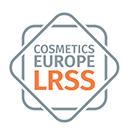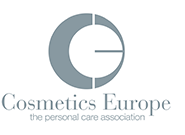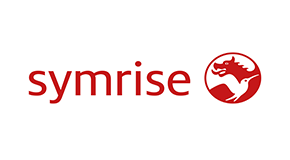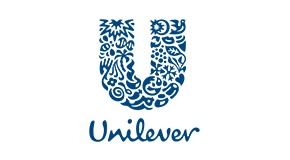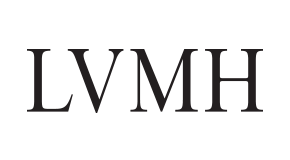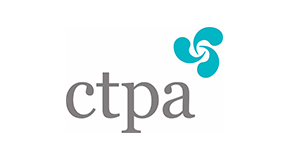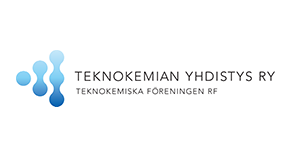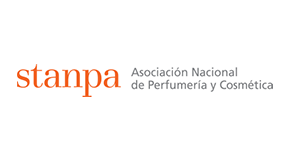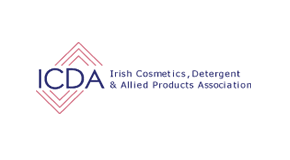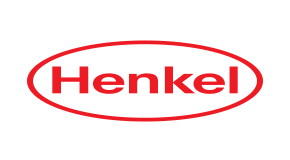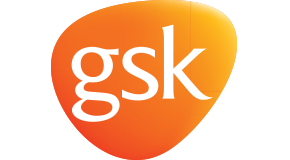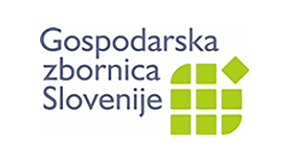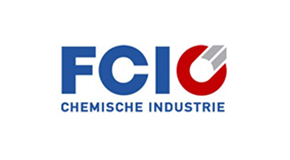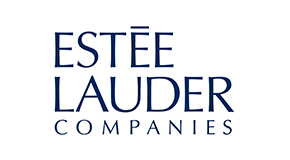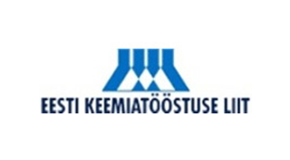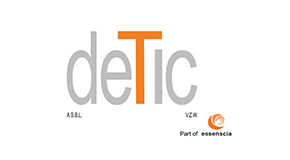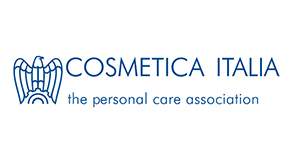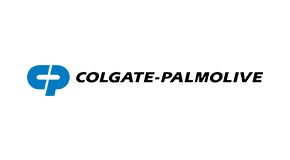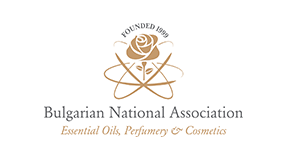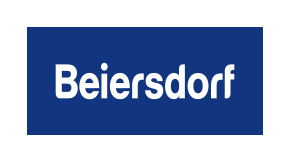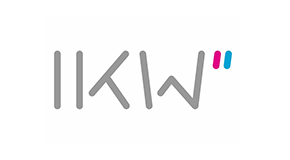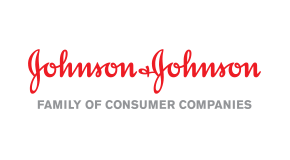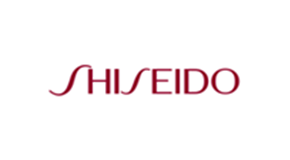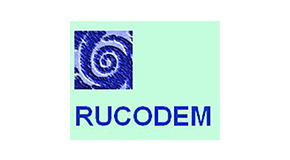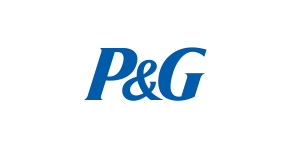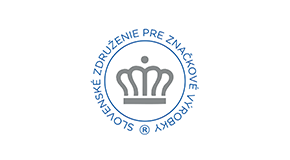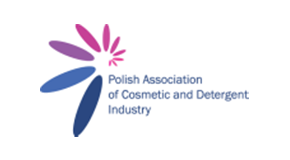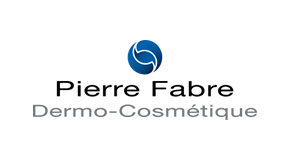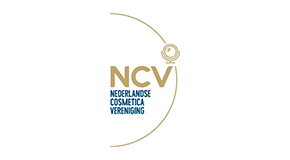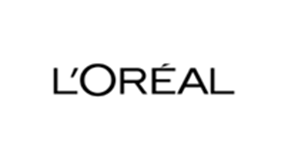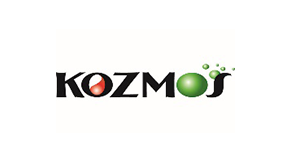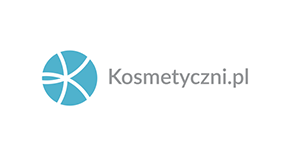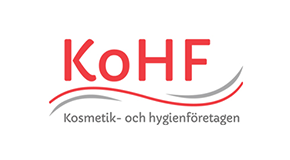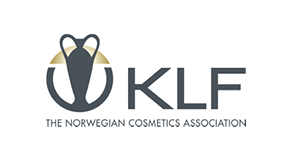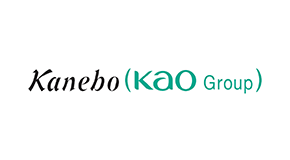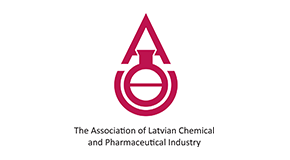- Home
- >
- Projects & Research
- >
- Other areas of focus
Other areas of focus
Inhalation
The Cosmetics Europe LRSS Inhalation Programme aims to develop industry best practice and enhance confidence in the application of NAMs for assessment of inhalation exposure and toxicity safety. Its work has included interaction with regulators with regards to the inhalation TTC approach. While inhalation TTC has been acknowledged by regulators, it does not have their full support yet. The industry is therefore working to improve the methods. An online workshop was organised in 2020 to discuss the current state of the science and evaluate the robustness of a proposed revised approach. The workshop findings will be published to accelerate regulatory and broader scientific acceptance of the approach. The long-term goal is to develop an improved inhalation TTC approach. To increase the robustness and regulatory acceptance of the available in silico models used for the determination of inhalation exposure assessments, this programme aims to harmonise and justify the parameters used in these simple computational/mathematical exposure models. These in silico tools are an important part of the exposure-led NGRA approach for cosmetic products with unintentional exposure via the inhaled route.
Exposure
The Cosmetics Europe LRSS Exposure Programme focuses on for realistic estimates of consumer exposure. In particular, the Aggregate Exposure project aims to provide useful data to regulatory bodies for ingredients evaluation and assessment, including aggregate exposure. The programme also includes work to generate exposure data in relation to infants aged 0-3 years. A web application is being developed for a Probabilistic Aggregate Consumer Exposure Model. This will provide industry and stakeholders with a free and user friendly exposure model tool.
Environment
The Cosmetics Europe LRSS environmental research projects focus on updating SPERC documentations for cosmetic products and marine exposure modelling. SPERCs provide more realistic and refined emission scenarios for REACH registration risk assessments (compared to default emission scenarios). It includes release factors for chemicals and efficiencies of risk management measures/operation conditions in reducing chemicals emissions. The marine exposure modelling project focuses on developing a framework to assess the environmental exposure of ultraviolet filters in freshwater and marine systems. Both environmental projects are closely integrated into the regulatory acceptance objectives of the Cosmetics Europe LRSS programme.
CONTACT

Avenue Herrmann Debroux 40
B-1160 Brussels Belgium
LRSSinfo@cosmeticseurope.eu
Tel: +32 2 227 66 10
Fax: +32 2 227 66 27
